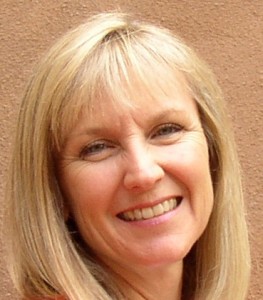A business’s legal name is usually that of its owner, though businesses often assume a made-up moniker that says more about what the business does than who runs it.
When the business is a sole proprietorship, its legal name is the owner’s full name, even if it does business under something else. A partnership’s legal name consists of the partners’ surnames or whatever name is assumed in the partnership agreement. Corporations and limited liability companies have a little more latitude to register a legal name with the state; their legal name doesn’t need to mention the individual owners’ names.










